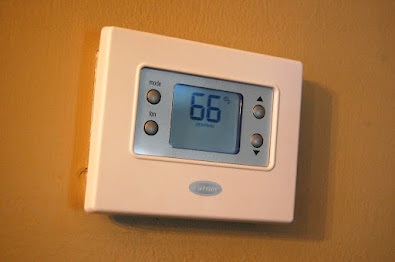Smart Steps Before Your Water Heater Installation
Installing a new water heater is a significant investment that can enhance the efficiency and comfort of your home. However, before diving into the installation process, taking some smart steps is essential to ensure a smooth and successful transition. In this article, we'll guide you through the crucial preparations to make before your water heater installation.
Understanding your hot water requirements:
Evaluate Your Current System:
Before choosing a new water heater, assess the efficiency and capacity of your current system. Determine whether it meets your household's hot water demands and if any improvements are needed. This evaluation will help you decide on the type and size of the new water heater required.
Select the Right Type of Water Heater:
There are various water heaters, including tankless, storage tanks, heat pumps, and solar water heaters. Each type has its advantages and disadvantages. Consider your hot water needs, energy efficiency goals, and budget constraints when selecting the right water heater for your home.
Calculate the Correct Size:
Choosing the right water heater size is crucial for efficiently meeting your household's hot water demands. Calculate the required capacity based on the number of people in your home, the number of bathrooms, and your daily hot water usage. An adequately sized water heater ensures a constant hot water supply when needed.
Check Local Building Codes and Permits:
Research and understand the local building codes and permit requirements for water heater installations in your area. Ensure compliance with safety regulations and obtain the necessary permits before starting the installation. Non-compliance can lead to fines and complications down the line.
Prepare the Installation Area:
Clear the installation area of any obstacles and ensure enough space for the new water heater. Remove any items that may obstruct the installation process. Additionally, address any signs of leaks or water damage in the surrounding area beforehand.
Turn Off Utilities:
Before beginning the installation, turn off the gas or electricity supply to the existing water heater. This ensures a safe environment for both you and the installers. If you need help with this, consult a professional plumber or electrician.
Budget for Additional Upgrades:
Consider any necessary upgrades or modifications to your plumbing system. This may include replacing old pipes or upgrading gas lines to meet the new water heater's requirements. Budgeting for these upgrades ensures a seamless installation process.
Schedule Professional Installation:
While some homeowners may attempt a DIY water heater installation, hiring a professional plumber is often safer and more efficient. A licensed and experienced installer can ensure the proper connection, venting, and safety measures are in place.
FAQs:
FAQ 1: Can I install a water heater myself?
Answer: While some homeowners may have the skills to install a water heater, it is recommended to hire a professional plumber. Water heater installation involves dealing with gas or electricity; any mistakes can result in safety hazards. A licensed plumber ensures proper installation, compliance with codes, and the safety of your household.
FAQ 2: How long does a water heater installation take?
Answer: The duration of a water heater installation depends on various factors, including the type of water heater, the complexity of the installation, and any necessary modifications to the plumbing system. A professional installation may take a few hours to a full day. It's essential to plan accordingly and be prepared for temporary disruptions to your hot water supply during installation.




Comments
Post a Comment